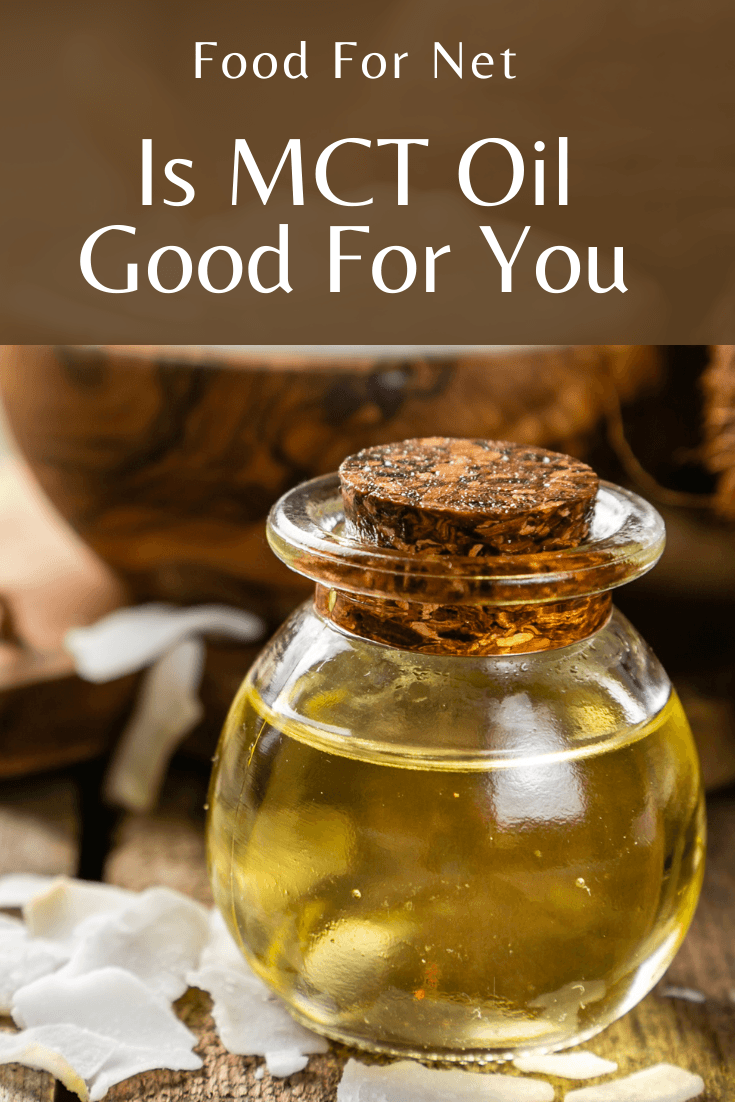
There’s no denying the popularity of MCT oil. It’s constantly mentioned on keto diet blogs and even features in nutrition advice for non-keto dieters. Yet, MCT isn’t a common ingredient. So, what is it? And, more importantly, is MCT oil good for you?
First of all, MCT oil can be seen as a supplement. It is often derived from coconut oil, although it can be made in other ways too. The goal of MCT oil is simple – to provide an easy source of medium-chain triglycerides (MCTs).
MCTs are an interesting type of fatty acid that can be found in coconut oil and some other foods. They’re named for the length of their carbon chain, which means that these fats are processed in the liver, rather than being digested like other fats.
This effect is thought to provide extra energy, increase ketone production, and offer other health benefits. It’s not surprising then that MCT oil features so heavily on keto diets. However, MCT oil isn’t without controversy. Just like coconut oil, MCT oil contains plenty of saturated fat. It’s also calorie dense and the potential benefits are under much debate.
So, let’s look at how the good features and the bad ones stack up. This should give you a clear picture of whether you want to use MCT oil for yourself.
Is MCT Oil Good For You?
What Is MCT Oil?

To look at MCT oil, we first need to talk a little more about medium-chain triglycerides – the MCTs that the oil is named for. MCTs are distinguished by the length of their carbon chain. They have between 6 and 12 carbon atoms in their fatty acid backbone, which is less than most other types of fat.
There are 4 distinct MCTs:
- Caproic acid (6 carbons)
- Caprylic acid (8 carbons)
- Capric acid (10 carbons)
- Lauric acid (12 carbons)
Because these are different lengths, MCT oils vary in the combination of MCTs that they feature, but most avoid using much caproic acid, as that MCT has a distinct bitter flavor.
MCTs are significant because we don’t need pancreatic enzymes to digest them. Instead, MCTs are absorbed into the bloodstream and transported to the liver. Once there, they are converted to make ketone bodies (the same ketones that are produced during ketosis). This digestion approach is different from other fats and is a key reason that MCT is so significant.
If you buy MCT oil, you end up with a small bottle of light yellow (or sometimes clear) translucent liquid that can easily be mixed into food or drink. The oil has little aroma or flavor and stays liquid even when it is cold (compared to coconut oil, which may solidify).
The Benefits Of MCT Oil
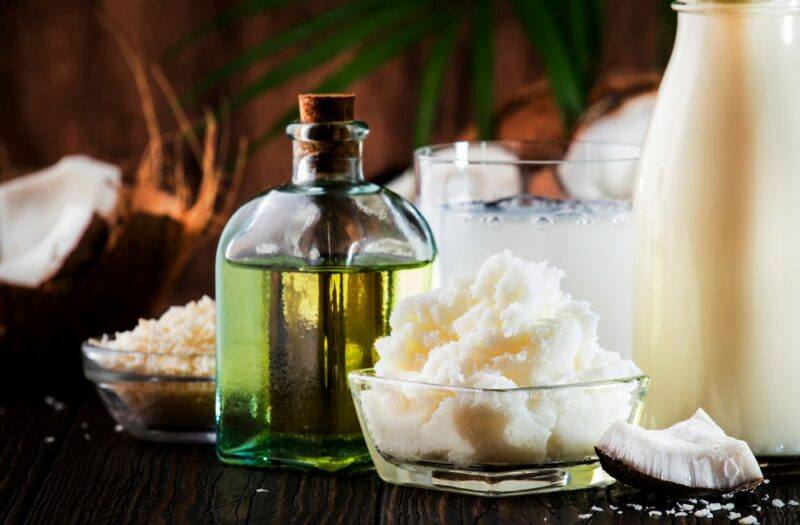
May Help With Ketosis
MCT oil is incredibly popular among keto dieters. This is because the fats act as a precursor to ketones, which are the molecules that you use for energy when you’re in ketosis.
Your body creates ketones on its own by burning fat. You can also use products like MCT oil as a source of exogenous ketones. Doing so might help you reach ketosis faster or stay in that state longer.
The relationship between MCT oil and ketones also means that you’ll get a fast boost of energy from MCT oil.
Can Promote Weight Loss
It might seem strange to think that fat can promote weight loss, yet this often seems to be the case. MCTs can do so through multiple mechanisms.
First, MCT oil can influence hormone production, promoting a sense of fullness. Having a tablespoon or two of MCT oil might even decrease the amount you eat in the next meal.
The oil has also been linked to gut health improvements, including a better balance of gut bacteria. Such effects could indirectly help with weight loss and certainly won’t hurt.
MCTs don’t tend to be stored as fat either. This decreases the chance that you’ll gain weight from the oil, even if you’re using it regularly.
There’s also the chance that MCTs may increase your metabolism slightly, so you’re burning more energy than you would otherwise. Such increases are rarely dramatic. Still, when it comes to weight loss, every little bit counts.
Finally, there’s the fact that MCT oil helps with ketosis. Keto diets are often used for weight loss, so if you’re already following that path, MCT oil simply makes the journey a little easier.
Still, you do need to be careful. While MCT oil can promote weight loss in multiple ways, it’s still a high calorie ingredient. Consuming too much MCT oil could easily make you gain weight rather than lose it, so you’ll need to keep an eye on your intake.
May Improve Cognition
While there isn’t much research supporting a link between cognition and MCT oil, many users report that they feel more alert and think better when they’re using MCT oil versus when they’re not.
The effect on brain health may be stronger if you’re on a keto diet, as you would be in ketosis and producing ketones regularly. Indeed, ketones are thought to improve cognition in a variety of ways, so it’s reasonable to think that MCT oil might as well.
Offers An Energy Boost
MCTs are absorbed faster than other types of fat, giving you a quick boost of energy. Plus, MCTs don’t affect blood sugar in the way that carbs do, so you’re not going to get a spike and subsequent drop in your blood sugar levels.
There Are Other Benefits Too
Some studies suggest that MCT oil supplementation can decrease lactate buildup. The effect helps to promote performance and endurance among athletes.
Beyond this, MCTs have the potential to improve nutrient absorption, promote gut health, help treat people with fat absorption issues, improve blood sugar regulation, and even extend life.
However, this set of benefits is mostly theoretical. There’s currently little evidence for effects, particularly not for humans. So, while MCT oil could well help in these areas, the benefits are far from guaranteed.
The Health Risks Of MCT Oil

Side Effects
Despite all the hype around MCT oil, many people experience side effects. These include stomach cramps, diarrhea, and even vomiting. These side effects can be dramatic and they’re often under-reported by writers passionate about the benefits of MCT oil.
Thankfully, these side effects often decrease with time. You can avoid the worst of them by starting with a low dose and gradually increasing the amount with time. Having MCT oil with food rather than on an empty stomach can be helpful as well.
Even so, some people can’t tolerate much MCT oil and need to keep their doses low to avoid side effects.
You should also be wary about MCT oil and any type of supplement or medication, as interactions can sometimes be strong and unexpected.
For example, one blogger found that he experienced heart palpitations when taking vitamin D supplements and MCT oil. The effect could have been because the MCT oil can increase the absorption of fat soluble nutrients.
In the end, you should always be cautious about any additions or changes to your diet. Pay close attention to how your body responds and talk to your doctor about any concerning changes. If MCT oil consistently gives you side effects, even in small doses, then it’s not worth the risk.
May Increase Heart Disease Risk
As we’ll discuss later, the link between saturated fat, cholesterol, and heart disease isn’t as clear as you might expect. Reasonable amounts of high saturated fat foods like MCT oil may be perfectly fine for most people.
Even so, a small proportion of the population are considered hyper responders. These people experience a much stronger cholesterol response from fat and saturated fat than most.
If you fall into this category, then MCT oil could increase your heart disease risk. The safest response is to start slowly and have your doctor keep an eye on your cholesterol levels. This should give you a clear indication of whether there’s anything to be concerned about.
MCT Oil And Saturated Fat
MCT oil’s biggest controversy is that it is high in saturated fat. This is a hot topic, as we’ve long been told to decrease saturated fat intake, as this type of fat is linked to heart disease risk.
However, there’s much debate about whether this is the case or not.
Research Studies Have Been Limited
Part of the problem is that research into saturated fat and heath often relies on large observational studies, like this one. Such studies often show an association between high saturated fat intake and heart disease risk.
Such study designs can’t test cause and effect. They’re just looking for associations.
This is a serious problem when it comes to saturated fat. After all, we’ve been told that saturated fat is dangerous for decades. Most people who eat lots of saturated fat anyway are also following an unhealthy diet. They mightn’t have a healthy lifestyle either.
Some people live healthily, follow a balanced diet, and have high saturated fat intake. The effects of saturated fat could be different for them but, because those people are the minority, observational studies often don’t pick them up.
The Relationship Isn’t That Simple
Theory suggests that saturated fat increases cholesterol in your blood, which then settles in your arteries and increases heart disease risk.
This idea is incredibly simplistic and has multiple problems.
First, there are multiple types of cholesterol. There’s LDL (“bad” cholesterol) and HDL (“good cholesterol”), along with subtypes of each.
The riskiest type of cholesterol is small dense LDL particles, sometimes called sdLDL or pattern B. This type is most likely to cause heart disease risk. Even so, high levels of sdLDL particles are more strongly linked to sugar than to saturated fat.
In fact, even when saturated fat does increase LDL cholesterol levels, it may also change your ratio of LDL subtypes. The effect might actually decrease your heart disease risk, rather than increasing it.
Besides that, cholesterol is just a risk factor for heart disease. It’s used as a signal of whether you might develop heart disease, rather than evidence that you will. Many people have heart attacks even though their cholesterol levels are well within recommended ranges.
Second, the rest of your diet matters too. Saturated fats may have different impacts on your health if you’re eating them as part of a healthy whole foods diet versus if your diet is heavy in refined carbs and processed foods.
Let’s not forget that many high saturated fat foods contain other types of fat too, along with a variety of healthy compounds. Eggs are a classic example here. They do contain cholesterol and saturated fat, but they’re packed with nutrients and monounsaturated fat too.
Finally, people respond differently. Factors like our genetics, the rest of our diet, our microbiomes, our history, and countless other things all influence what effects we get from individual foods.
This is why it’s so important to pay attention to your diet as a whole and how your body responds to what you’re eating.
MCT Oil Only Contains Medium Chain Triglycerides
Most of the fat we eat is made up of long chain triglycerides (LCTs), while MCTs are much less common. As we discussed earlier, MCTs are processed differently than LCTs. This means their effects in the body are different too and they may have benefits that you don’t see with other types of fat.
Interest in the benefits of MCTs is why MCT oil exists to begin with. You can find MCTs naturally too, but most MCT-containing foods also contains other types of fat. In fact, most of the benefits that we highlighted earlier are directly linked to MCTs.
Types Of MCT Oils
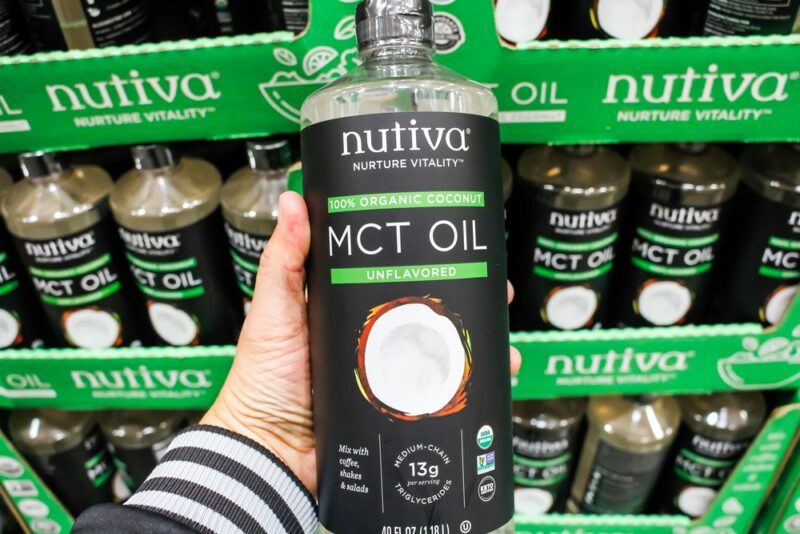
MCT oils vary in the specific MCTs that they feature, along with the ratio. The best option will depend on the outcomes you want and the price you’re willing to pay (shorter chain length MCT oils tend to be more expensive).
If the chain length is short, then you should get faster energy and a more immediate cognitive boost from the oil. Longer chain lengths, on the other hand, are best for general health benefits and for endurance.
For example, a C8 (caprylic acid) MCT oil or one that combines C6 (caproic acid) and C8 oils will be perfect for fast energy. On the other hand, a product that focuses on lauric acid instead (C12) won’t be processed as quickly but does offer a broader range of health benefits.
Keto dieters will often focus on C8 MCT oils, with Brain Octane Oil being one of the most well-known.
The MCT composition of your oil isn’t the only thing to think about. Pay attention to the brand as well. This matters because MCT oil is often considered a supplement and supplements aren’t well-regulated. MCT oil from an unreliable company could easily be contaminated or have unwanted ingredients.
There’s one final thing to think about.
MCT oil is often made from coconut oil, but this isn’t always the case. Some products use palm oil instead. The palm oil versions aren’t as good for the environment and could offer fewer health benefits too. Whenever possible, stick to coconut-based MCT oil instead.
MCT Oil Versus Coconut Oil
MCT oil is often a refined version of coconut oil. It still contains some of the same important fats, but the fatty acid ratios are noticeably different. The change in fatty acids is also why MCT oil is liquid at room temperature, while coconut oil tends to be solid instead.
Another difference is flavor. Coconut oil has a distinct coconut flavor. This works well in some recipes and poorly in others. MCT oil tends to be flavorless instead, a feature that can make it easier to work with.
If you’re only interested in MCTs, then MCT oil is often a better choice. This way you don’t have the other fats from coconut oil to worry about.
Plus, coconut oil contains a large amount of lauric acid. This has a longer chain length than any other MCT and may not be as powerful for weight loss, cognition, or ketone production. Some MCT oils focus on the shorter MCTs instead, giving you more potential benefits.
That being said, we can’t rule out lauric acid just yet.
While it may be inferior to other MCTs in some ways, it has also been linked to health benefits of its own. This means that coconut oil provides some health benefits that you don’t see with MCT oil.
So then, if you’re focused on overall health or want an oil that’s easy to cook with – coconut oil is a better choice.
How Do You Use MCT Oil?
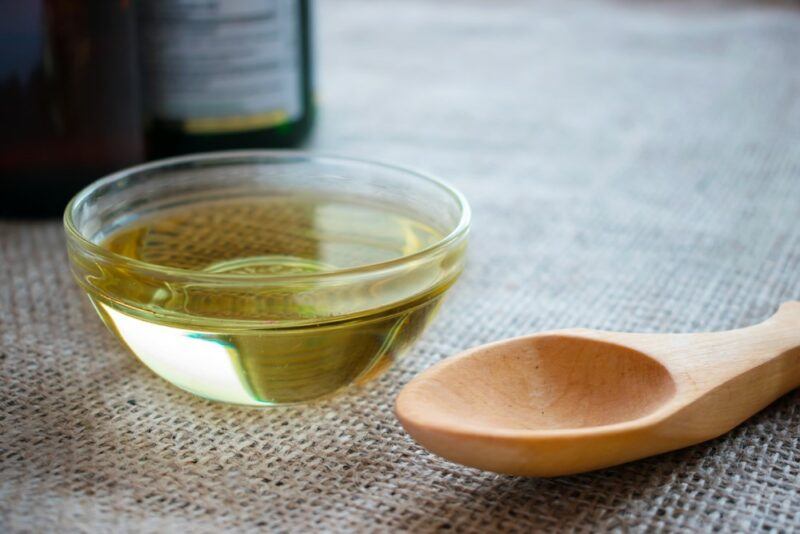
MCT oil is almost tasteless, so you can easily just drizzle it on top of whatever food you like. For example, the oil works perfectly on top of roasted vegetables or a salad. You can also use it as an ingredient. Keto fat bombs are a great example, as these often rely on MCT oil. You’ll see MCT oil used with baked keto goods too.
Adding MCT oil to drinks is common as well, including hot drinks and smoothies. You could even simply mix a spoonful into a glass of orange juice.
Bulletproof coffee is a classic example, one that many keto dieters enjoy regularly. The drink is often made with grass-fed butter and MCT oil, although you can substitute the butter for ghee and the MCT oil for coconut oil if you prefer.
You’ll need to blend the coffee too, as the fat from butter and MCT oil won’t dissolve into the hot drink. Bulletproof coffee can be an acquired taste. Still, many people enjoy it in the morning, finding that it gives them an excellent start to the day.
It’s even possible to cook with MCT oil. However, MCT does have a low smoke point of around 320°F, so you’ll need to be cautious when cooking with it. Try to only use MCT oil when lightly sautéing food or in baking recipes where the internal temperature of your food isn’t too high.
Final Thoughts
MCT oil remains controversial. While there are clear benefits for weight loss, ketosis, and cognition, many people are concerned about the side effects and saturated fat content. The health impacts may differ from person to person too, so you’ll need to pay attention to how your body responds.
Because saturated fat doesn’t seem to be as bad as we’ve often assumed, MCT oil could easily be part of a healthy diet. The trick will be to keep an eye on your intake. After all, MCT oil is a rich source of fat and calories. It would be extremely easy to overdo it.
Frequently Asked Questions
Is It Okay To Take MCT Oil Every Day?
MCTs are a naturally occurring type of fat that have been linked to many benefits. So, if your doses are reasonable, having MCT oil every day should be completely safe.
It’s still important to keep an eye on how much fat you’re consuming, particularly saturated fat. After all, MCT oil is high in both fat and calories. It’s easy to have more than you mean to and put your health at risk.
How Much MCT Oil Is Safe Per Day?
MCT oil hasn’t been heavily researched, so there’s little information about how much you can safely consume. Healthline suggests a maximum daily dose of between 4 and 7 tablespoons.
Caution is important, as MCT oil is high in saturated fat and calories. It would be easy to consume too much, particularly if you’re getting plenty of fat from other sources too.
Because we’re all different, it’s important to pay attention to yourself too. See how your body responds after having MCT oil for a while. If you get regular side effects that don’t subside, you might need to decrease your MCT oil intake. If you consistently feel good, your MCT levels probably aren’t causing harm.
Is MCT Oil Hard On The Kidneys?
There’s some debate about this one. On the one hand, MCT oil could help to protect your kidneys. High fat foods are also relevant for patients with kidney disease, helping them to keep weight on.
On the other hand, some theories suggest that too much MCT oil could raise the risk of fat build up in your liver.
Which happens may depend on how much MCT oil you’re consuming, your health, and the rest of your diet. Keeping the doses reasonable and cutting down fat elsewhere should give you the most benefits from the oil with the fewest risks.
Who Should Not Take MCT Oil?
Anyone with uncontrolled diabetes should be cautious with MCT oil, as MCT oil can increase ketone formation, which can increase complications with diabetes. Pregnant women and nursing women should be cautious with MCT oil as well because the research is in its early stages, so some of the risks aren’t fully known.
If you have liver disease, it’s important to talk to your doctor before using MCT oil. While the oil may offer benefits, there are risks too. Your doctor will know how the risks and benefits balance out for you.
In fact, anyone with a serious health condition should talk to their doctor first. There may be unexpected risks and interactions to consider.
Does MCT Oil Reduce Belly Fat?
MCT oil is sometimes promoted as being powerful for weight loss – helping to burn belly fat and give you a flatter stomach. There is some merit to the idea, as MCT oil can help with ketosis and a keto diet does promote weight loss.
However, that’s as far as the idea goes. MCT oil is high in calories, so simply adding it to your diet is likely to cause weight gain, rather than weight loss.
It’s also unrealistic to think that a given ingredient is going to magically burn belly fat. You lose weight by burning more calories than you use. There’s no getting past that equation.

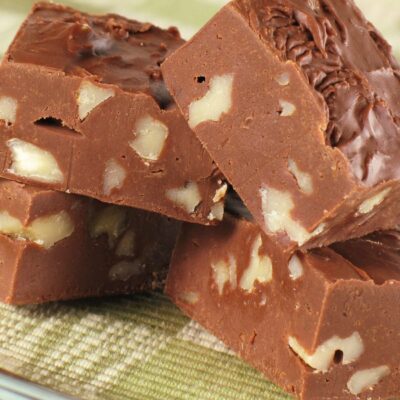


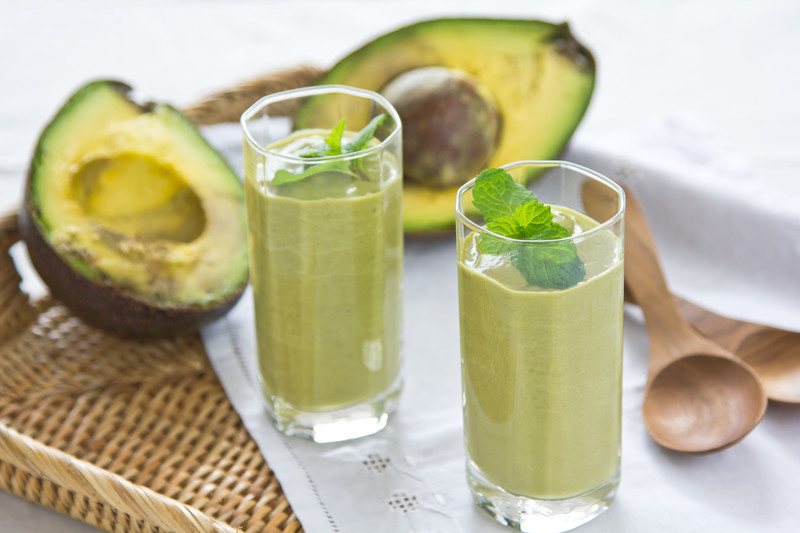
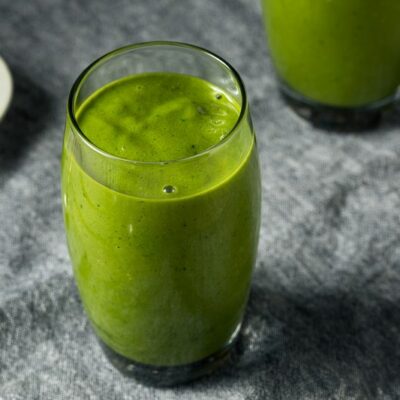



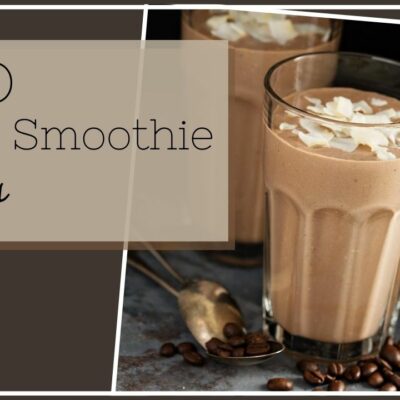






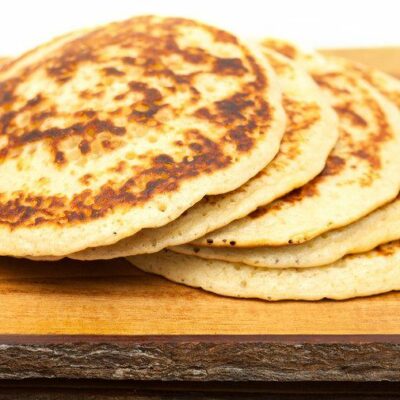
 Swedish Breakfast Foods To Make Your Day Excellent
Swedish Breakfast Foods To Make Your Day Excellent
Leave a Reply